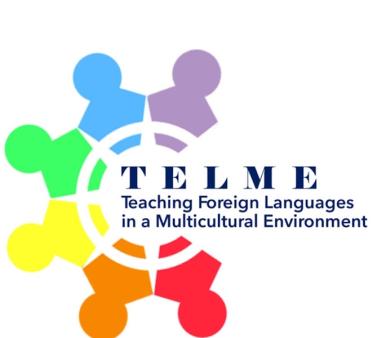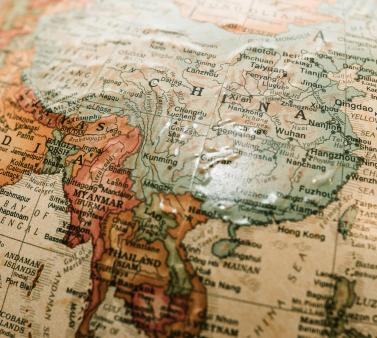There are three pathways to this degree:
-
Monitoring Optimization and Prevention (MOP) (Rennes 2)
-
Performance Support and Human Sciences (University of Brest)
-
Muscle Strengthening and Re-athletization (University of Nantes)
This is the only Master’s-level training course of its kind in the Brittany-Pays de Loire region and the whole of the Grand Ouest region of France specifically in physical activity and sport and movement in relation to health. It uses new technologies, and students acquire skills in the fields of training, exercise physiology, biomechanics of movement, nutrition and sports psychology.
Objectives
The objective of the EOPS Master’s Degree is to train students in intervention and give them scientific, technical and organizational expertise in the field of performance and sports training.
Students acquire multidisciplinary skills (physiology, biology, biomechanics, computer science, psychology, etc.) in the fields of physical and mental preparation, scientific support for performance, injury prevention and return to activity after injury.
Following on from a Bachelor’s degree that covers all aspects of sports training, the Master’s course focuses on the knowledge developed by the research work carried out in the various laboratories backing this degree.
The aim is also to provide multidisciplinary and scientific education with a focus on sports training to enable graduates to work professionally in all sports institutions (e.g., clubs, sports federations, the professional world, the socio-economic sector of sport, etc.) and in research and development departments or laboratories.
Each pathway corresponds to a particular specialization:
-
EOPS-Rennes: designed to train high-level practitioners in the field of movement assessment, analysis and programming. Beyond the ability to improve the performance of sportspersons at all levels, the aim here is to train future sports managers to assess, design, organize, manage and implement projects for the recovery, maintenance and development of performance through physical activity.
Skills
The acquired skills are those of a high-level professional manager who has acquired the scientific knowledge and specific professional skills related to:
-
physical and mental training,
-
organization and management of the physical and human environment of sport.
Graduates will be responsible and autonomous professionals who are able to:
-
work with sportspeople (individuals or a groups) to improve their performance,
-
provide short- and long-term training for sportspeople,
-
advise and train managers at the technical, scientific and pedagogical levels,
-
assess, analyse, design and run physical activities in all their dimensions: educational, leisure and competitive,
-
master the methods and tools (scientific, technological, computational, etc.) used in applied research,
-
master the collection and processing of qualitative and quantitative data,
-
be able to carry out a scientific, technology and documentary watch,
-
master technical and scientific English,
-
have good writing skills to produce funding applications, assessment protocols, study reports, etc.,
-
have knowledge of and respect for the ethics, deontology and legal aspects in use in the sports training sector and in relation to issues linked to the environment and sustainable development of the sector.
Course Content
The general organization of the Master’s pathway is inspired by the Master’s in Sport Health Movement (M2S) and Expertise, Performance, Intervention (EPI), which used to be offered at the Rennes and Nantes / Brest campuses. Each campus continues to manage its Master’s 1 programme with mainly common modules and part of the pathway to be selected according to the specializations available at each campus. In Master 2, EOPS pathway students in Brest, Nantes and Rennes can choose modules at their own campuses and can also choose specific modules at the partner campuses. As a result, some modules across all campuses are organized in a blocked week. Shared seminar days are also organized at one of the partner campuses, bringing together all M2 students. For the EOPS degree, students must complete internships in sports institutions (sports clubs, training centres, sports federations, etc.) or research laboratories. More precisely, an internship of a minimum duration of 160 hours in year 1 and of 300 hours in year 2 must be completed in order to progressively prepare the student for work in professional environments in relation to performance optimization and injury prevention.




